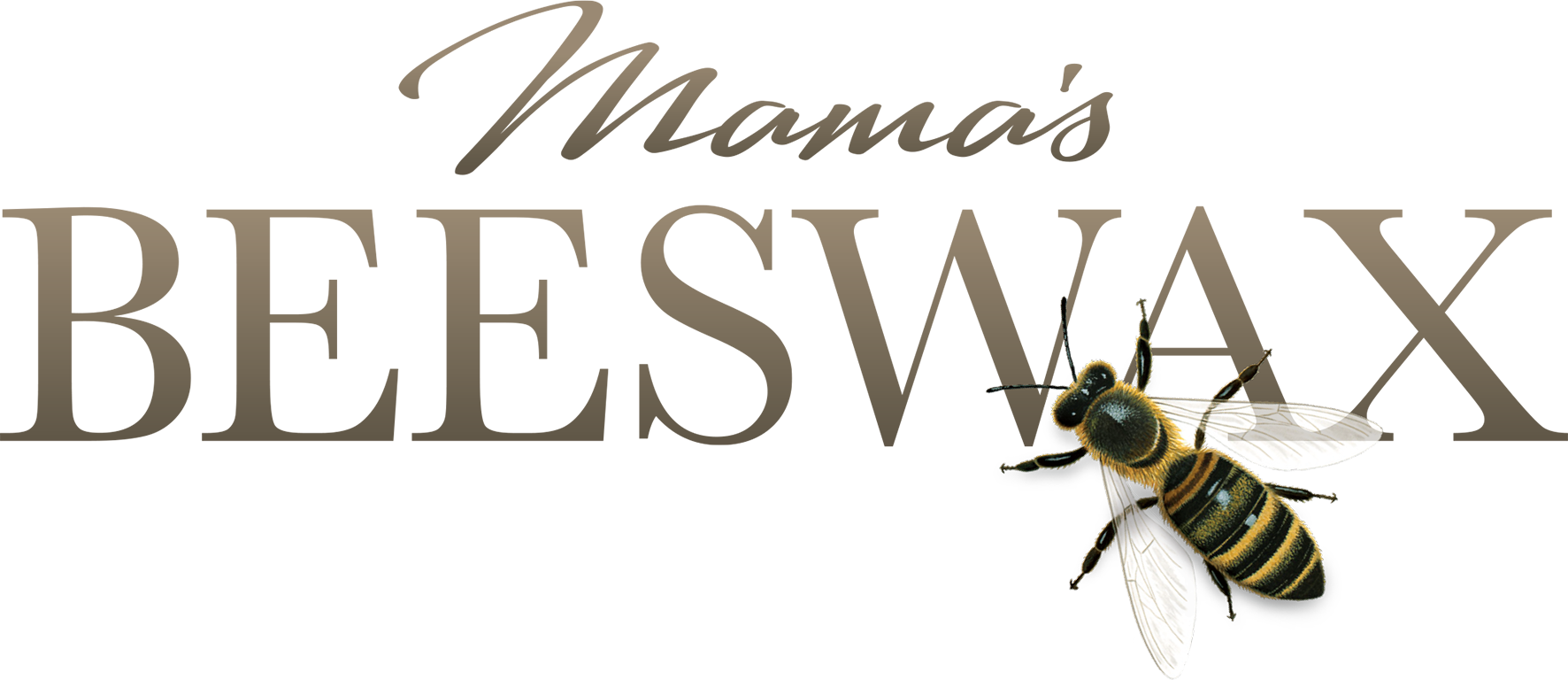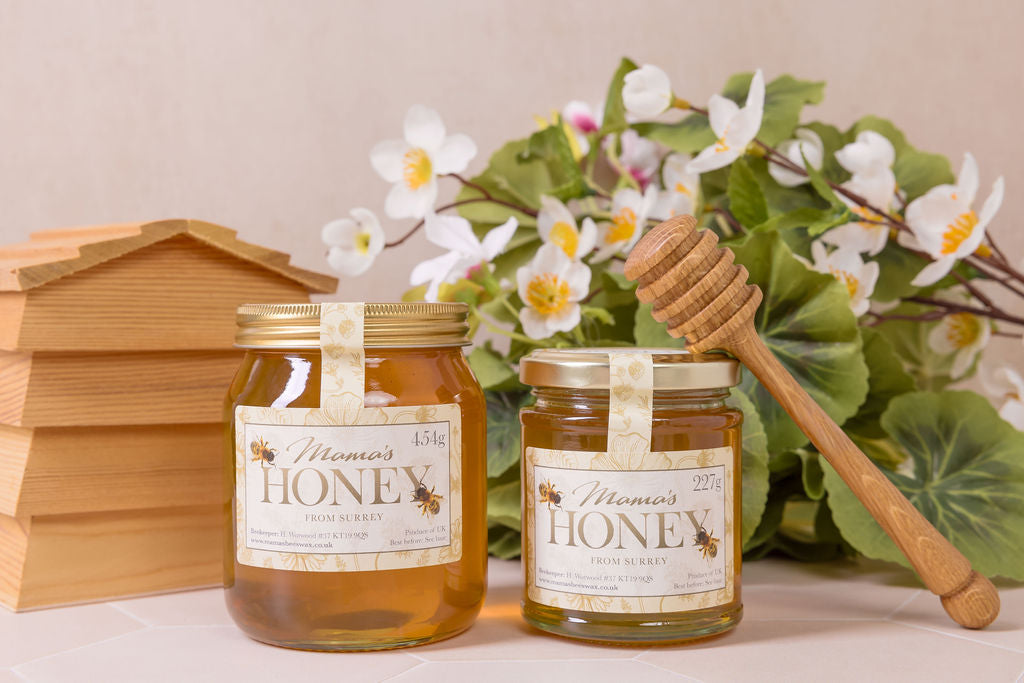There’s something wonderfully grounding about managing the seasonal rhythm of the honeybee. I started keeping bees over ten years ago, never imagining how much it would shape my life—or my business. Now, as the founder of Mama’s Beeswax, I spend much of my (often sticky!) working life caring for my honey bee colonies.
Here’s a little peek into what Spring and Summer 2025 have brought.
Spring 2025: The Busy Beginning
Spring is when everything starts. As the days get longer the bees start to forage the spring flowers and the queen starts laying eggs again. My job is to check each hive weekly, making sure that they have enough space, food, and a healthy queen. This year the colonies grew really rapidly making it a season of swarms.
I completely understand that a swarm of honeybees can be a bit scary the first time you meet one, all that buzzing and chaotic swirling. But if you stand still and simply observe they won’t hurt you and it is a completely natural reproductive process. The existing queen bee lays an egg in a special cell, which he colony will feed so that the developing larva grows into a queen bee, and about 8 days later, once that larva is really plump and growing well the mother queen will leave, sadly she tends to take half the colony with her. She will settle a short distance from the hive and the colony will cluster around her whilst scouts go off to find a new home. This is the perfect moment for a beekeeper to step in and scoop the bees into a box and rehoming them in a new hive. So much better than a neighbour's chimney! Of course, the best beekeepers always try to stay one step ahead, keeping the colonies happy and settled and growing happily in their own hive. I’ll confess to having 3 big swarms leave my apiary this year, so this is clearly an area of beekeeping I need to keep working on
Summer 2025: Full Flow Honey
As summer starts, the hives are in full production mode. The bees are out from dawn to dusk, gathering nectar and pollen from, garden plants, wildflowers, herbs and vegetables. Where I am they really benefit from lots of Blackberry flowers in people’s gardens, along the Hogsmill chalk stream and local golf course. Slightly worryingly this year that has been so little rain that many of the blackberry flowers are drying up without even opening properly. This could prove to be a seasonal problem as no nectar for bees means no pollination and likely fewer or no blackberries for birds and other wildlife later in the year.
Thankfully all this warmth is bringing out the buds on lots of nearby lime trees. After the blackberries the limes are the next significant crop so I’m hoping there will be enough lime nectar for the bees to make a good sized surplus of honey. I will likely start to harvest it in middle in August being careful to only take what the bees don’t need—their wellbeing always comes first.

